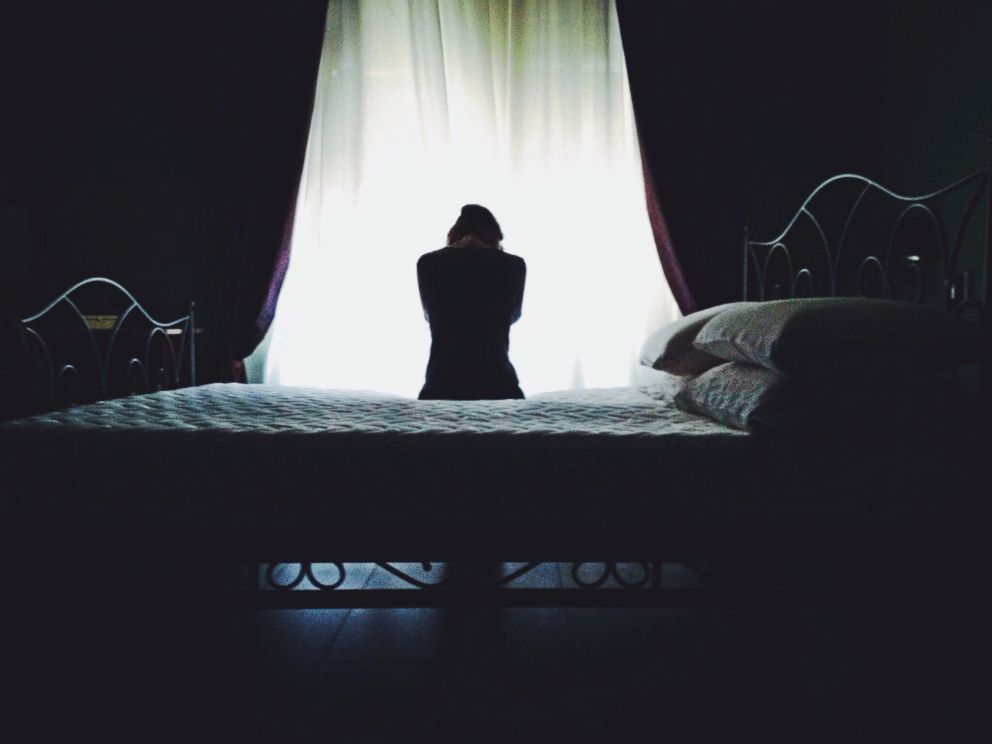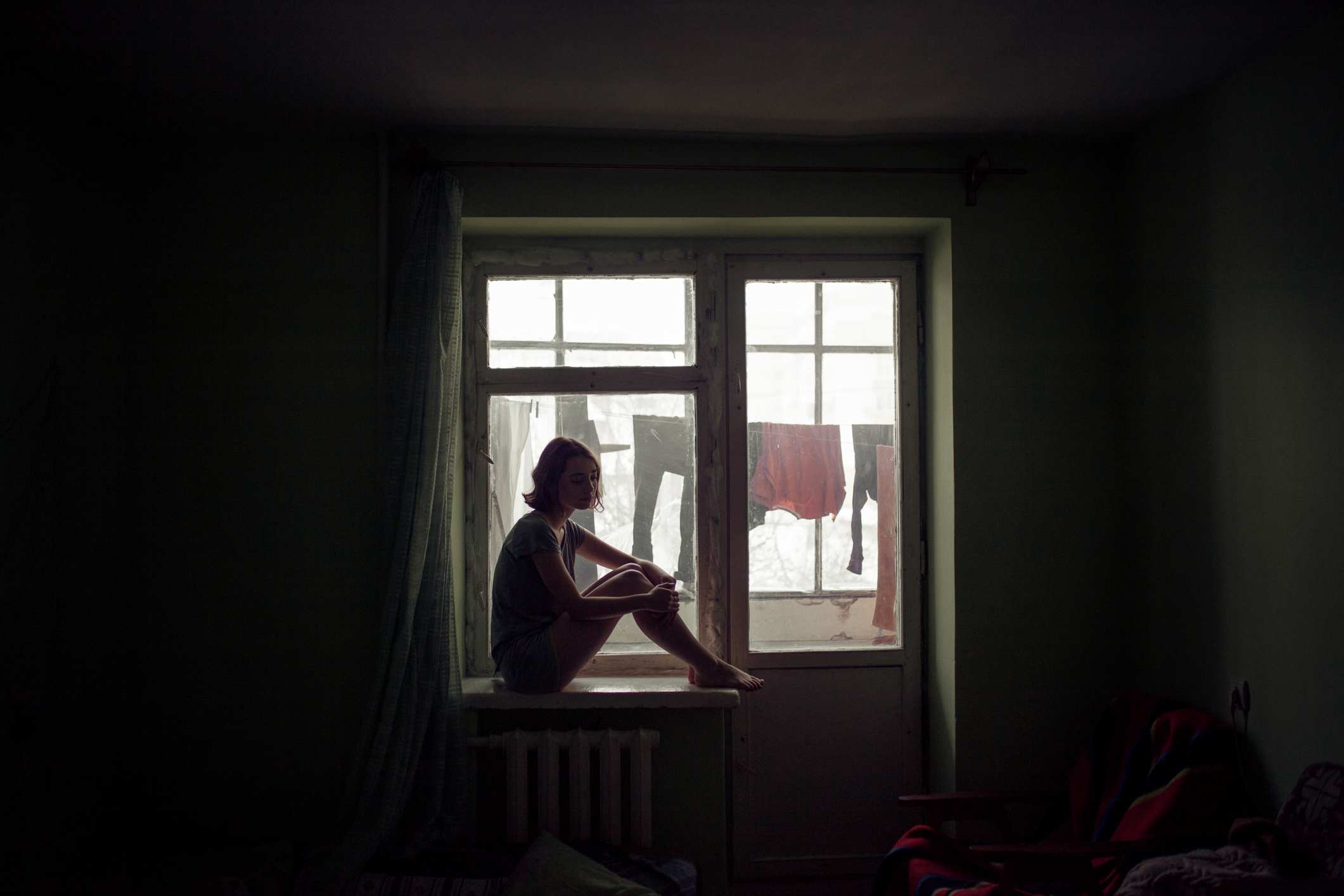Sleeping in rooms with even a little light can increase risk of depression: Study
The study found that even a little lighting can increase the risk of depression.
Exposure to light at night, even at very low levels, has been linked to an increased risk of depression, according to a study published this month in the American Journal of Epidemiology.
In general, nighttime light has been shown to disrupt internal sleep/wake cycles, which is an ever-growing concern as more people are using their phones and tablets in bed, or leaving the TV on as they sleep.

But the new report goes further, measuring bedroom exposure to low levels of nighttime light using a portable light meter attached to the bed. Researchers followed nearly 900 elderly people in Japan for two years and assessed symptoms of depression and tested sleep/wake patterns throughout the night.
They took into account weight, smoking or drinking habits, income level and medication use. Histories of high blood pressure, diabetes and physical activity level were also noted.
Checking in two years after their baseline measurements, those exposed to more than five “lux” of light each night had higher rates of depression. That standard measure, one “lux,” is the amount of light that shines from a candle if you are sitting 1 meter away.
By comparison, a nighttime family room with the lights on measures about 50 lux, while standing outdoors in daylight is 10,000 to 25,000 lux. The equivalent of 5 lux is equivalent to the brightness of a street light shining through the window into a darkened bedroom.
Only about 150 people in the study had nighttime bedrooms with more than 5 lux of light, but that group showed a 65 percent increased chance of developing depression after two years.
Even factoring in high blood pressure, diabetes or sleep/wake patterns, there was still a 63 percent increased chance of becoming depressed. Those with light at night also tended to go to sleep earlier, wake up later and spend more time in bed overall than counterparts who slept in darker rooms.

“Previous studies have suggested the possibility that LAN [light-at-night] induces sleep disturbances, impaired melatonin secretion and misalignments between sleep/wake behavior ... and depression is frequently accompanied by these conditions,” the study said.
As a way to improve sleep hygiene and mental health, making sure a bedroom is truly dark is one of the easier interventions.
Najibah Rehman, MD, MPH, is a third-year Preventive Medicine Resident at the University of Michigan working in the ABC News Medical Unit.




